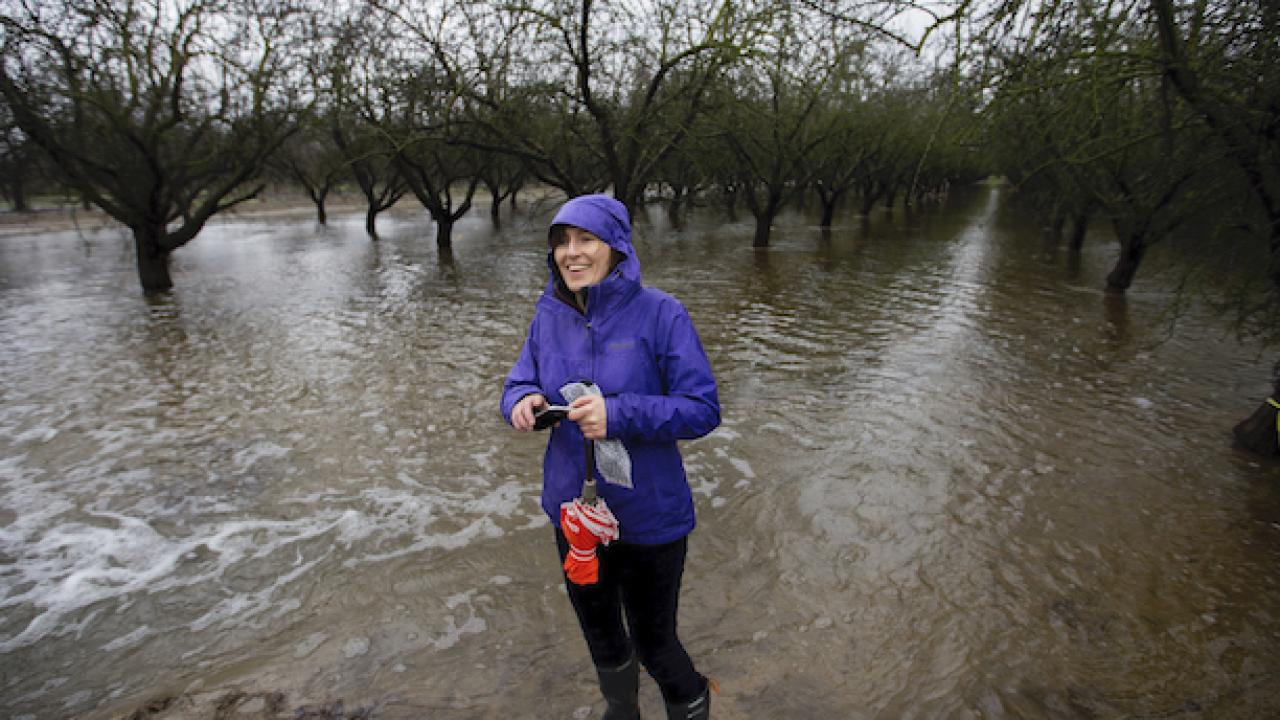After a series of dry winters in California, the 2022-23 season has brought a series of storms filling reservoirs and piling up the Sierra snowpack. The turnaround led Governor Gavin Newsom to announce the end of some drought-related conservation measures last Friday.
This drought may be over, but California’s long-term water issues remain.
“When it’s raining out, you can’t ask customers to be troubled with saving a lot of water when the reservoirs are full. It starts to jeopardize credibility with the public,” Jay Lund, professor of civil and environmental engineering at UC Davis and vice director of the Center for Watershed Sciences on campus, told the San Jose Mercury-News.
Winter 2022-23 may have been exceptionally wet, but it comes after a 20-year stretch of abnormally dry weather in the state. What will happen in future years, as a changing climate propels hotter summers and more intense storm seasons?
Right now, reservoirs are brimming. But the state’s ecosystems have sustained years of damage in the dry years and the groundwater aquifers that supply much of the state’s water have been drawn down.
Recharging groundwater
"Groundwater is the dark matter of the hydrologic cycle," Graham Fogg, professor emeritus of hydrogeology at UC Davis, told KQED. "The fact that these are such huge volumes of water allows them to take a lot of abuse and to be depleted year after year."
California leaned hard on those aquifers in the drought years. Can this year’s water help them recharge? Gov. Newsom recently signed an executive order easing requirements for diverting water flows onto fields where it can soak into the soil and recharge aquifers. And the State Water Resources Board has endorsed a plan to divert 600,000 acre-feet of floodwater from the San Joaquin river into flood groundwater recharge.
The governor’s order is a positive step, Helen Dahlke, professor of land, air and water resources at UC Davis, told the Los Angeles Times. Groundwater replenishment is a cheap way to manage and store excess water, she said.
“Really taking advantage of those wet years when they occur is key in order to secure more water for future years,” Dahlke said. “We have a groundwater aquifer that can take three times the amount of water that we can store in surface water reservoirs, and it’s protected from evaporation.”
Media Resources
This Drought is Dead – Long Live the Drought (California Waterblog)
